The Art and Benefits of Homemade Coconut Oil Soap: A Sustainable and Luxurious Bathing Experience
In a world filled with commercial soaps laden with artificial ingredients, there is something truly satisfying about crafting your own homemade soap.
One particular favorite among enthusiasts is coconut oil soap. In this article, we'll delve into the world of homemade coconut oil soap, exploring its benefits, the cost-effectiveness of making it yourself, and the joy of showering with a bar of soap crafted with love. Join us as we uncover the secrets to creating luxurious and nourishing bars of coconut oil soap that will leave you feeling refreshed and rejuvenated.
Benefits of Homemade Coconut Oil Soap:
Homemade coconut oil soap offers a multitude of benefits for the skin and the environment. Coconut oil is rich in fatty acids, providing excellent moisturizing properties that can help combat dryness and keep the skin supple. Additionally, coconut oil contains antimicrobial and anti-inflammatory properties, making it a great choice for those with sensitive or problematic skin. By making your own coconut oil soap, you have full control over the ingredients, ensuring a pure and natural product free from harsh chemicals and additives. Moreover, creating your own soap is an eco-friendly choice, as it reduces plastic waste and packaging associated with store-bought alternatives.
Recipe: Homemade Coconut Oil Soap
Ingredients:
- - 500 grams coconut oil
- - 70 grams lye (sodium hydroxide)
- - 150 milliliters water
- - Optional: essential oils, dried herbs, or exfoliants for customization
Instructions:
- 1. Ensure you are working in a well-ventilated area and wearing protective gloves and goggles.
- 2. Slowly add the lye to the water, stirring gently until the lye is fully dissolved. This mixture will become very hot, so exercise caution.
- 3. Melt the coconut oil in a separate heat-resistant container, such as a stainless steel pot or glass bowl, using a double boiler method.
- 4. Once the coconut oil has melted, remove it from the heat and let it cool slightly.
- 5. Slowly pour the lye mixture into the melted coconut oil, stirring continuously until the two are well combined.
- 6. Continue stirring the mixture until it reaches trace, which is the point when the soap batter thickens to a consistency similar to custard.
- 7. At this stage, you can add optional ingredients like essential oils for fragrance or dried herbs for exfoliation. Stir well to incorporate.
- 8. Pour the soap batter into soap molds, tapping the molds gently on a solid surface to remove any air bubbles.
- 9. Cover the molds with a towel or plastic wrap to insulate them, and let the soap sit for 24 to 48 hours, allowing it to harden and cure.
- 10. After curing, remove the soap from the molds and place it on a drying rack or a well-ventilated area to cure further for about 4 to 6 weeks. This curing process ensures a harder and longer-lasting bar of soap.
Homemade coconut oil soap is not only cost-effective but also provides a luxurious and nourishing bathing experience.
By stocking up on homemade coconut oil soap, you can enjoy the benefits of a pure and natural product while reducing your reliance on store-bought alternatives filled with chemicals and additives. Embrace the art of soap-making, and indulge in the satisfaction of crafting your own bars of soap that cater to your specific needs and preferences. So, gather your ingredients, unleash your creativity, and embark on a journey of self-care and sustainability with homemade coconut oil soap.

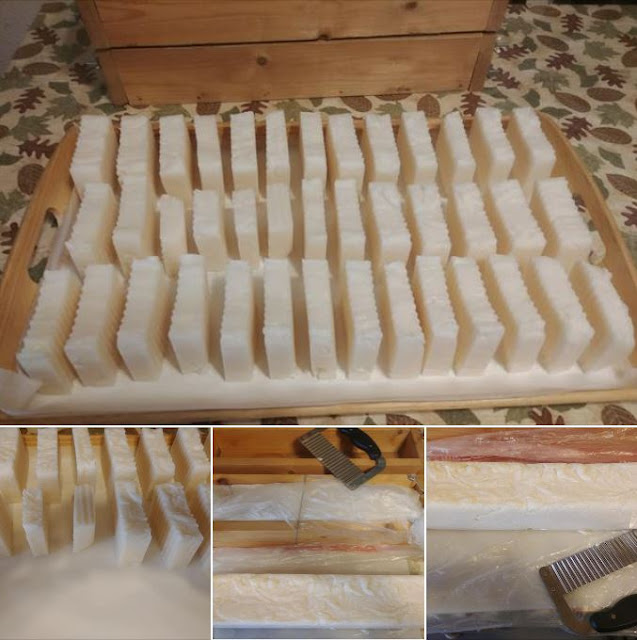


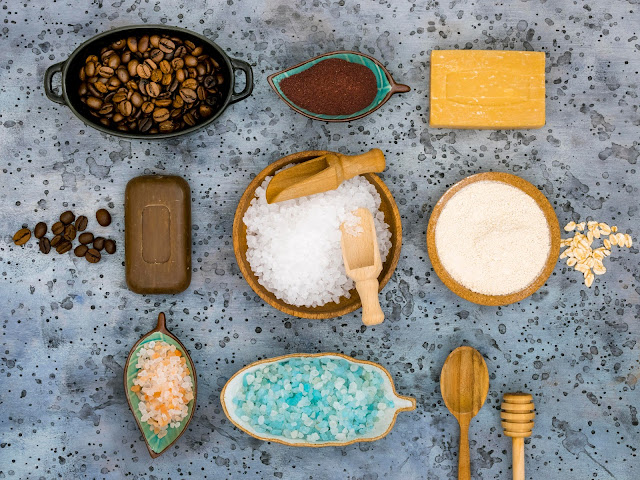

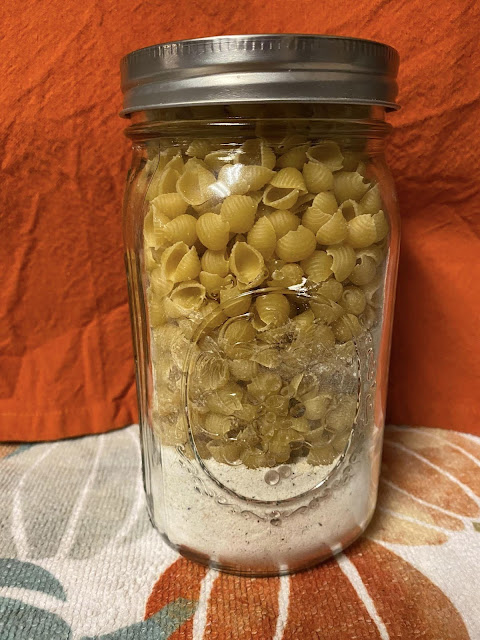




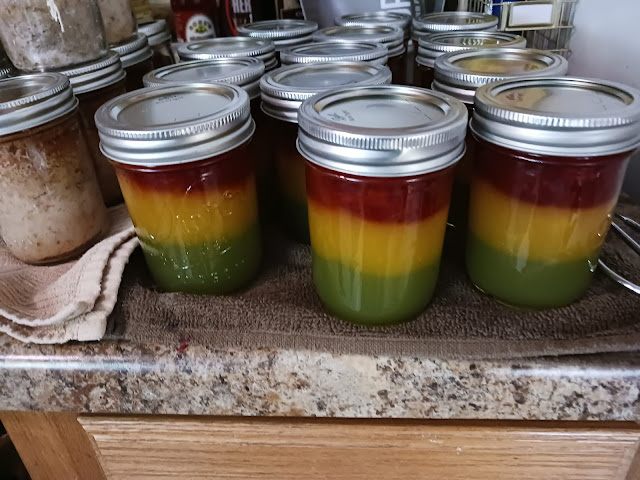

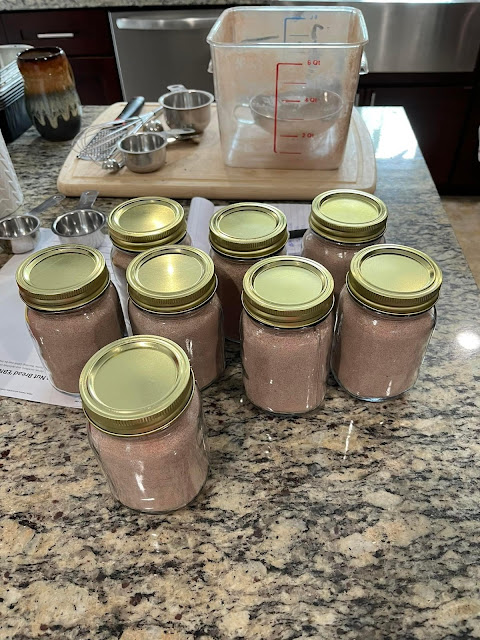
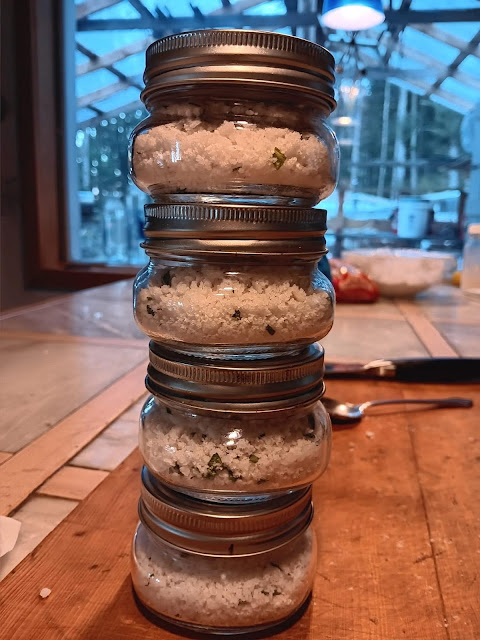
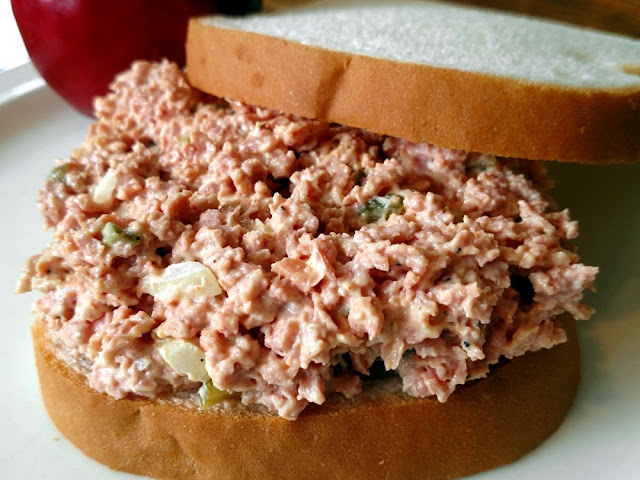
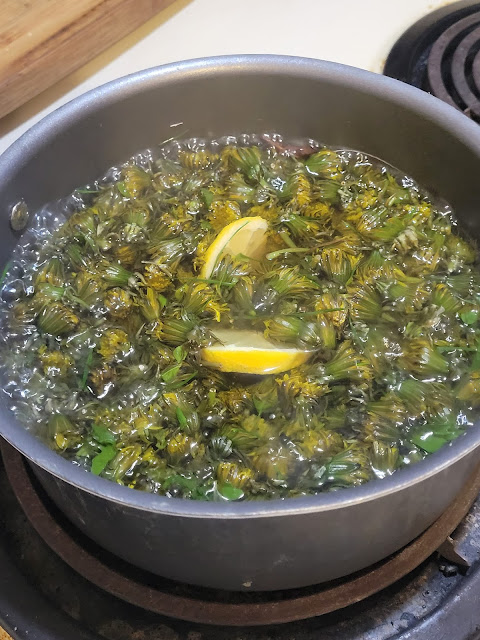



Comments